
Mobility Pricing Conversations
November 16 to December 19, 2023
To mark Transport Futures’ 15th anniversary and reflect on what we had learned at 34 successful events since Nov 13, 2008, we invited six of our previous mobility pricing speakers to discuss challenges and accomplishments related to implementing road tolls, parking, gas taxes, transit fares and more. During each 1-hour conversation, TF founder Martin Collier asked experts to revisit what was happening when they first presented, how their work had progressed since then and what they saw happening going forward – especially in a COVID-altered world. The six informative conversations took place “online” between November 16 and December 19 with delegates weighing in with their own great questions and comments. Thanks to everyone who participated, including our sponsors at 407 ETR and Daily Commercial News!
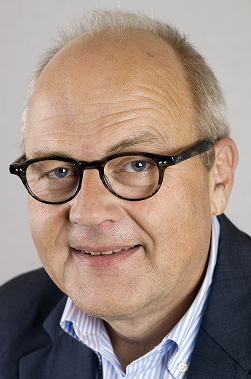
The Evolution of Stockholm’s Congestion Charge
November 16, 2023 – 1:00 pm ET
Gunnar Söderholm
Stockholm, Sweden
Installed permanently in 2007, Stockholm’s Congestion Charge is a model for successful road pricing implementation. As one of the key architects of the scheme, Gunnar Söderholm will take a deep dive into how leadership, policy, communications and a pilot project demonstrated benefits over costs and led to majority support from political parties and citizens alike – and what could happen next as transportation needs and technology evolve.
Gunnar spoke at Transport Futures in 2009, 2013 and 2018. A lawyer by training, he headed the City of Stockholm’s Environment and Health Administration from late 2006 to 2018. Between 2002 and 2006, Gunnar was the deputy CEO where he was responsible for the City’s congestion charging project as well as housing and information/communication technologies development. During the 1990s, he worked as a political assistant to the deputy mayor for real estate, headed the City’s public trustee committee and was managing director for the Stockholm Housing agency. Prior to joining the City of Stockholm, Gunnar provided legal counsel to the Swedish Metalworkers Union and worked in a local court.
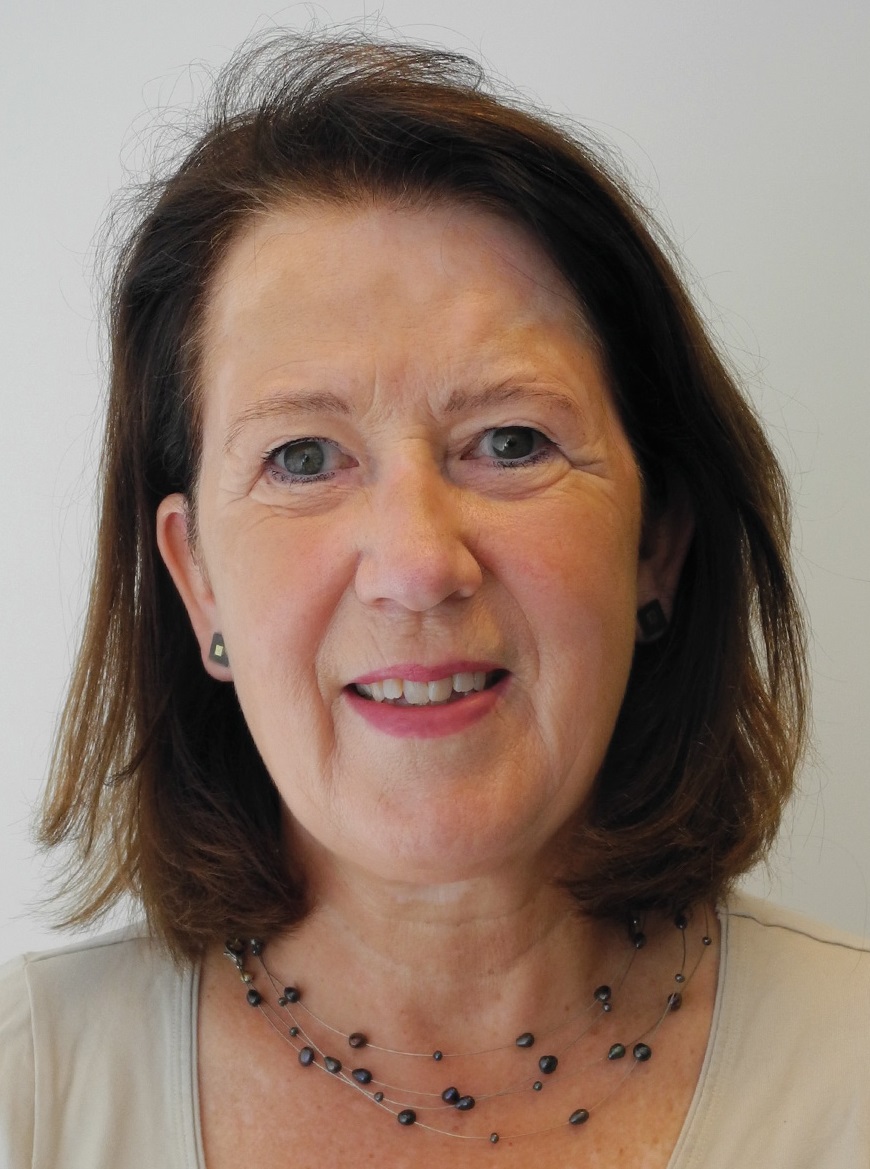
The Dutch Mobility Transition
Germa Bakker
Gooi & Vechtsteek Region
Bussum, The Netherlands
November 21, 2023 – 1:00 pm ET
City planning changes, CO2 targets and COVID-19 lessons are driving the future of Dutch cities and new perspectives on mobility policy questions. Germa Bakker will discuss how these “3 C’s” are the cornerstones of a more sustainable, efficient, and environmentally friendly urban mobility landscape – and how mobility pricing measures may support them.
Germa presented at Transport Futures’ Inaugural Road Pricing Forum in November 2008. She is a public policy expert with two decades of experience for the City of Amsterdam. Germa participated in the national road pricing discussions (2005-2011 discussion on Paying Differently for Mobility). During the COVID-19 crisis, she took a role in developing mobility transition and behavioral change strategies to address the unique challenges of the pandemic. Currently serving as a program coordinator on mobility issues for a cooperative entity of seven small cities, Germa’s expertise spans sustainable development, urban planning, infrastructure, and government affairs. Her passion for sustainable practices is reflected in her daily walk to the office. Germa holds a postgraduate degree from the University of Groningen.
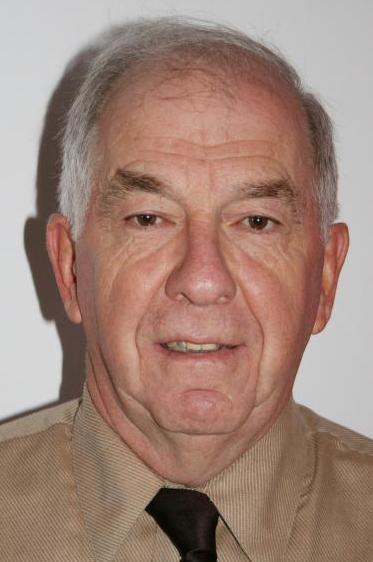
Whither the Gas Tax?
Harry Kitchen
Trent University
Peterborough, Ontario, Canada
November 30, 2023 – 1:00 pm ET
Though the cost of building and operating roads has increased dramatically over the last 30 years, Canadian politicians have rarely increased gas taxes to help fund infrastructure since 1993 – and the Ontario government actually reduced them in 2018 and 2022. Comparing to US and European policy, Harry Kitchen will consider the implications of maintaining the status quo or whether changes must be made in order to meet transportation challenges related to infrastructure, automotive technology, demand management, the environment and the economy.
As Professor Emeritus in the Economics Department at Trent University, Harry spoke at Transport Futures in 2008, 2011, 2012 and 2018. Over the past thirty years, he has completed more than 80 articles, reports, studies, and books on a range of issues relating to local government expenditures, finance and governance in Canada and abroad. In addition, Harry has served as a commissioner, advisor, and consultant for a number of municipal and provincial governments in Canada, the federal government in Canada, and has worked on projects in Russia and China. Much of his recent writing has concentrated on financing municipal services with a special emphasis on the structure and implementation of user fees, especially for financing public transit and transportation networks. Besides holding a BA and MA in economics from McMaster University, Harry was awarded a Queens Diamond Jubilee medal for his policy analysis and research contributions.
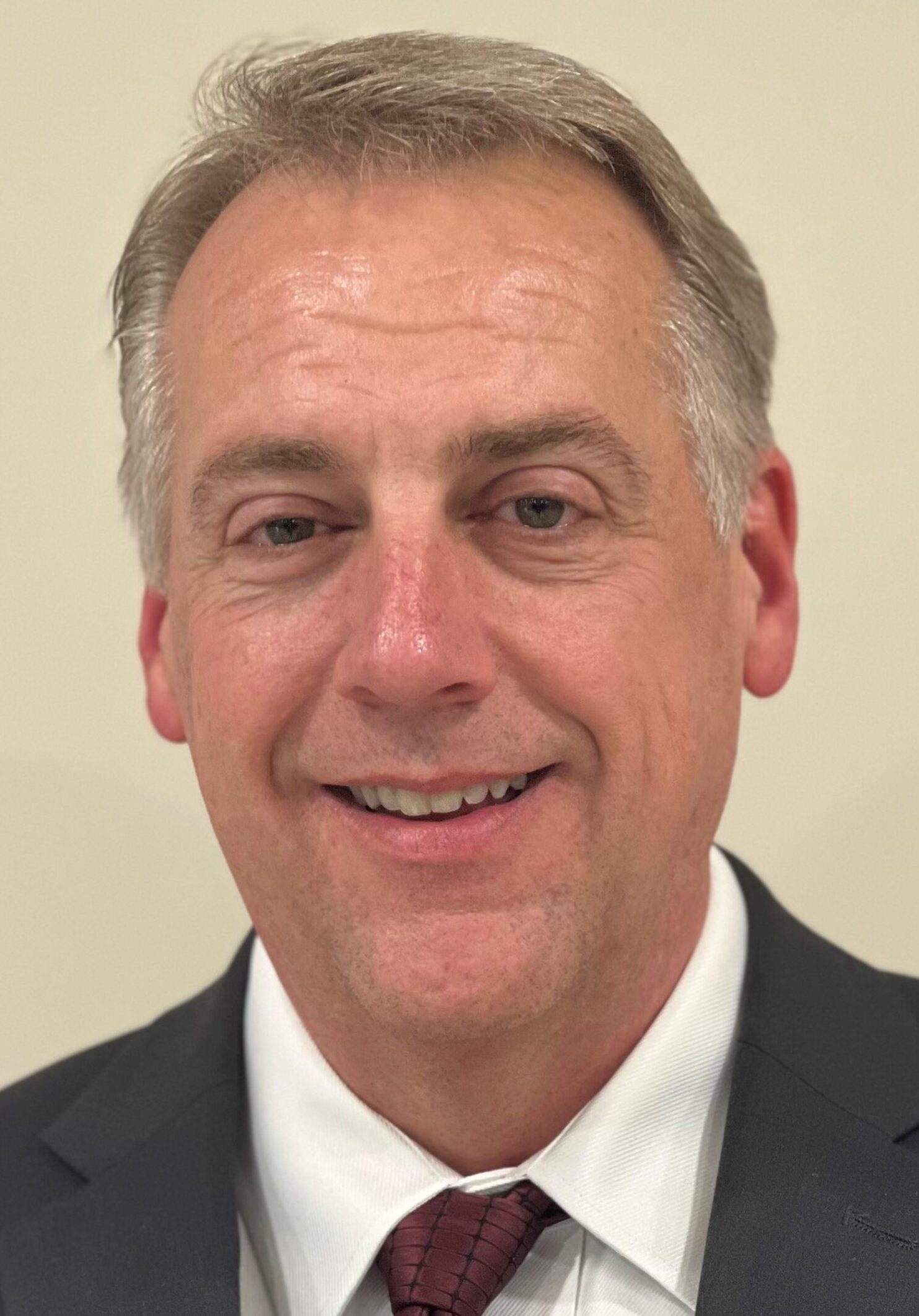
Forging a Path to US Road Usage Charging
Randal Thomas
Oregon Department of Transportation / RUC America
Salem, Oregon, USA
December 7, 2023 – 1:00 pm ET
These are exciting times for distance-based road pricing in the United States. With the federal government now considering a national system in the face of increasing infrastructure costs, declining gas tax revenues and on-going equity issues, Randal Thomas will provide an update on how Oregon and 19 other states have been studying, piloting and/or implementing road usage charging since 2001. He will then join delegates in a discussion on how lessons learned in the US could apply to the Canadian transportation context — from both a technical and political point of view.
Randal presented at Transport Futures in 2014 when he led the team that developed and implemented Oregon’s road usage charge pilot, recognized by the Intelligent Transportation Society (ITS) World Congress as a 2013 Hall of Fame inductee – the first-ever Government Awardee. He now serves as the administrator for RUC America; a voluntary assemblage of US state Departments of Transportation to undertake collaborative research into systems and policy development of a potential new transportation funding method that would collect a road usage charge from drivers based on actual road use. Randal formerly served as statewide traffic mobility manager and began his career in state service managing intelligent transportation systems. He holds a Bachelor of Science degree in Management and Communications from Corban University wherein he received the “Most Outstanding Project Thesis” award.
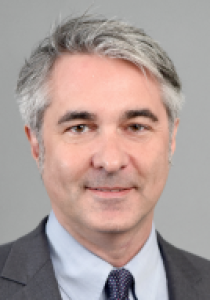
Putting Parking in its Proper Place
David King
Arizona State University
Phoenix, Arizona, USA
December 14, 2023 – 1:00 pm ET
Long ignored in the transportation and land use mix, the traditional approach to vehicle parking is changing due to new mobility policies, technical innovations, architectural design and revenue generation opportunities for both the public and private sector. We’ll ask David King how these changes have evolved and what must be done to meet a range of social, environmental and economic objectives.
David spoke at Transport Futures in 2011, 2016 and 2019. He researches the codependence of transportation and land use planning along with transportation finance and economics. Of particular interest are transportation policies such as parking management, taxi services and microtransit, all of which integrate with land use planning. David’s work on finance examines how existing and new finance tools can raise revenues for more effective and just transportation systems. His current research focuses on taxi and jitney services, informal transit, street design, and how new technologies affect transportation finance and local policy. In addition to academic accomplishments, David is a member of the Transportation Research Board’s Paratransit Committee and frequently consults with private firms and public organizations about challenges and opportunities in passenger travel, especially with regard to demographic and technological change. He completed his doctorate at the University of California Los Angeles and a master’s in urban and regional planning at the Humphrey Institute at the University of Minnesota.
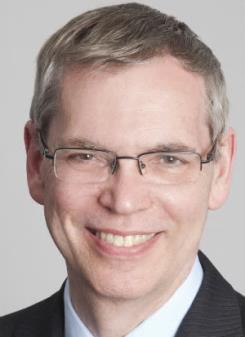
Brendon Hemily
Hemily & Associates
Toronto, Ontario, Canada
Transit Fare Policy Challenges and Strategies
December 19, 2023 – 1:00 pm ET
Transit is an expensive service to provide to the travelling public but subsidized fares have ensured that it has remained relatively affordable for most customers. However, the fallout from COVID-19 has resulted in decreased ridership, reduced revenue and an increased focus on equity. Brendon Hemily will examine some of the important challenges and fare policy strategies being considered to balance affordability, attractiveness for riders and financial viability.
Brendon presented at Transport Futures in 2011, 2013 and 2016. He is an independent consultant with 40 years of experience of working with the transit industry in both Canada and the U.S.A. specializing in transit policy, planning, management, and technology issues. Brendon’s specific area of interest is the implementation of best practices and innovative concepts, and he has been involved in several efforts related to fare policy and fare collection over the years. Brendon provided support to USDOT from 2007 to 2018 and worked previously for the Canadian Urban Transit Association (CUTA), where he was responsible for all research and technical activities. He serves as Senior Advisor for the Transit Analytics Lab (TAL) of the University of Toronto and is active in numerous associations, in particular the Transportation Research Board (TRB) where he is past Chair and Emeritus Member of the Public Transportation Planning and Development Committee and recent past Chair of TRB’s Public Transportation Group.
The Mobility Pricing Conversations will continue as a monthly event in early 2024.
Please subscribe to our listserv or contact us for details!

